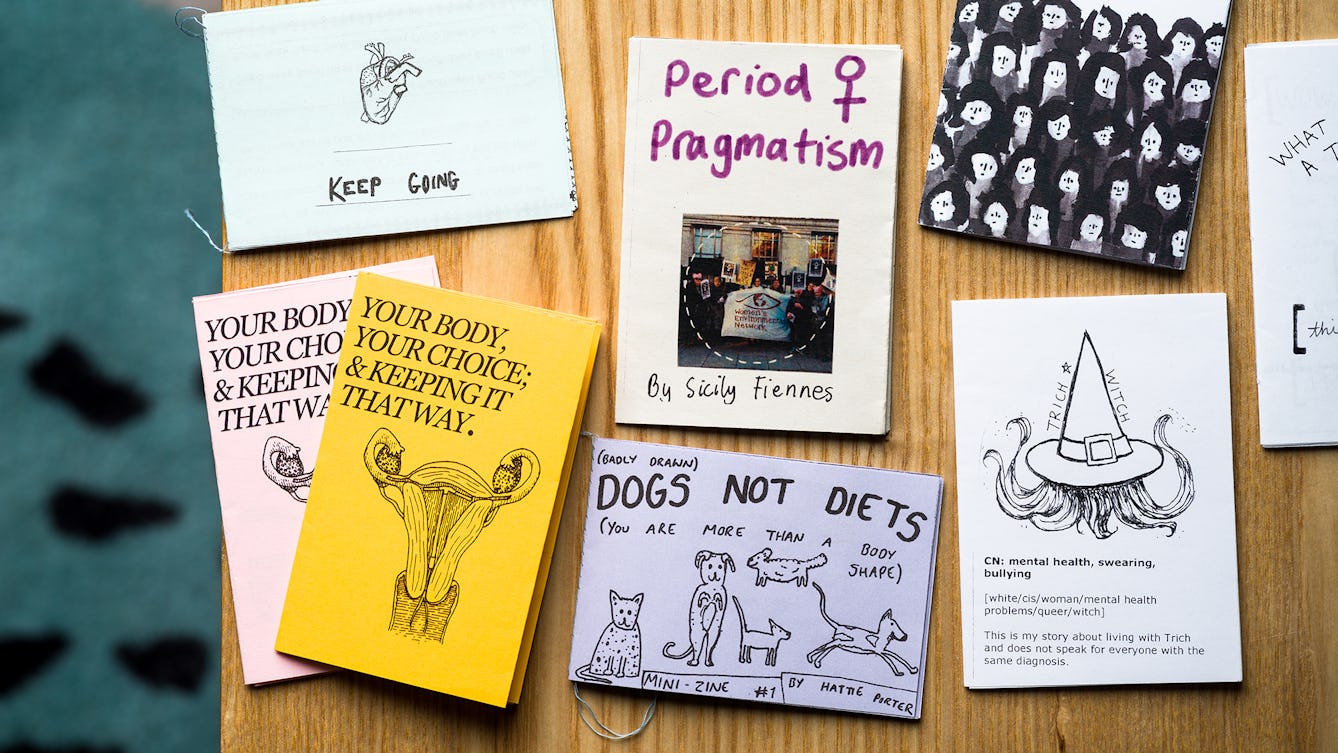
- Article
- Article
Six personal health zines that might change your life
Personal zines put health conditions back in the hands of the people who experience them. Here are six that Wellcome Collection staff love.
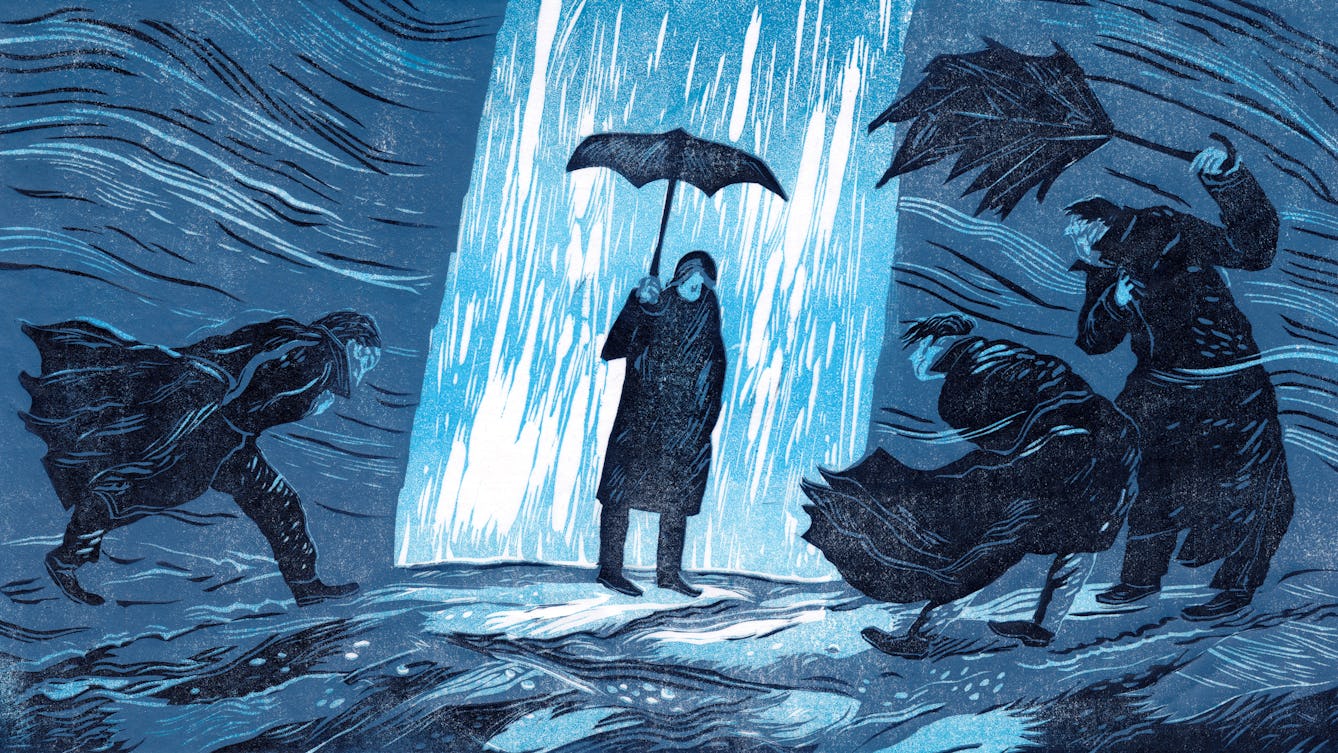
- Article
- Article
Finding the words to talk about emptiness
Shored up by a diagnosis and medication, Cassie Doney tried to find out more about the profound feeling of emptiness they were experiencing. But research is thin on the ground.
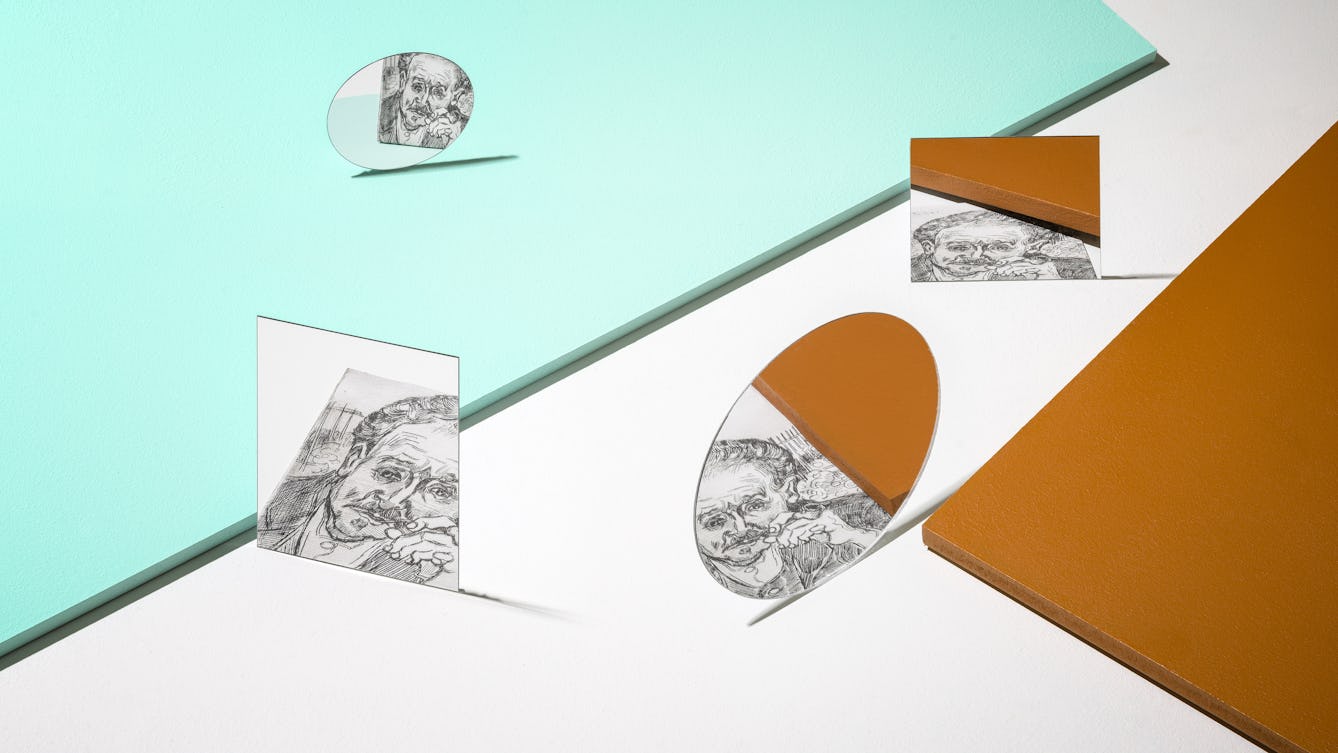
- Article
- Article
Reversing the psychiatric gaze
Nineteenth-century psychiatrists were keen to categorise their patients’ illnesses reductively – by their physical appearance. But we can see a far more complex picture of mental distress, revealed by those patients able to express their inner worlds in art.

- Book extract
- Book extract
Tracing the roots of our fears and fixations
Kate Summerscale explores the history of our anxieties and compulsions, and the new phobias and manias that are always emerging.

- Article
- Article
The meanings of hurt
In the early modern period, gruesome incidents of self-castration and other types of self-injury garnished the literature of the time. Alanna Skuse explores the messages these wounds conveyed.

- Article
- Article
Happy Joy Smile
Drawn from real-life experiences, this short story depicts a character negotiating the UK’s current mental health system. Discover what happens as they encounter waiting lists, sketchy healthcare and punitive government bureaucracy.
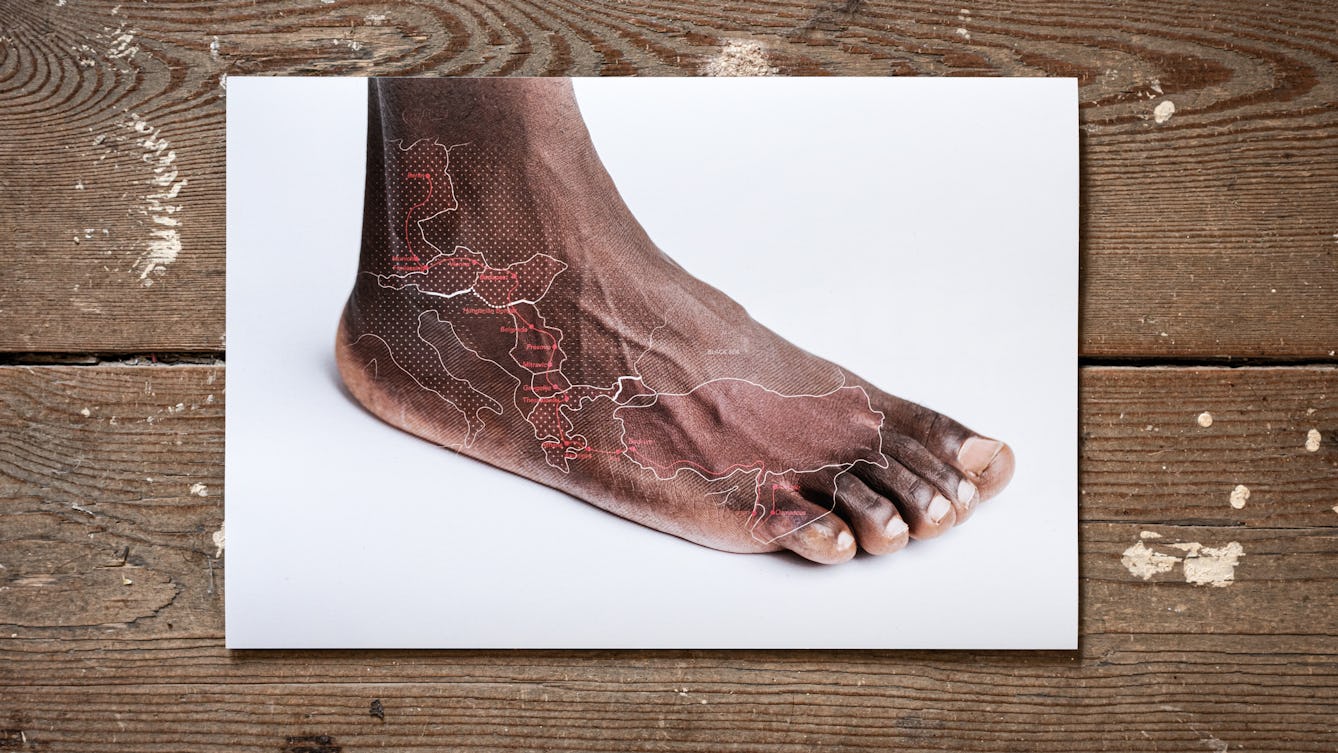
- Article
- Article
When wounds replace words
For the many thousands of refugees waiting in Greece, the process to establish the truth of their tragic personal histories is often extremely upsetting. But a group of medics and legal workers is working together to make the system more humane.

- Article
- Article
When self-deception becomes global hoax
Being deceived isn’t always a case of believing someone else’s lie. Experiments have shown that many of us can be manipulated into accepting our own fictions as true.

- Article
- Article
Rag mags and monthly issues: Five period zines to stop you seeing red
Using humour, personal experience and political activism to explore the bloody reality of menstruation.
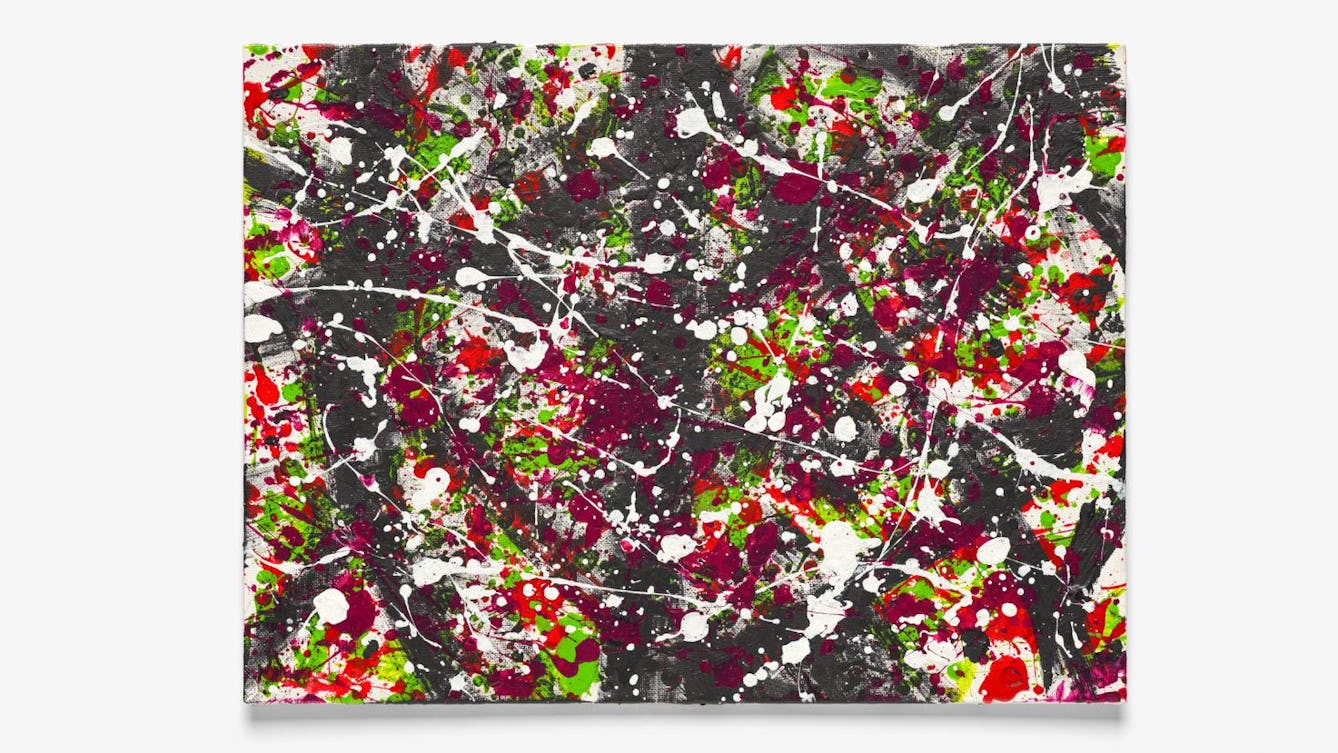
- Article
- Article
Writing back to authority
As she cuts up old doctors’ letters and uses them to compose absurd poems, Caroline Butterwick reflects on the catharsis of creation and proposes writing as a way to take back control.

- Article
- Article
Why gene editing can never eliminate disability
In a world where DNA testing and gene editing offer ways to eliminate certain disabilities, Jaipreet Virdi explores a more accepting and inclusive approach.
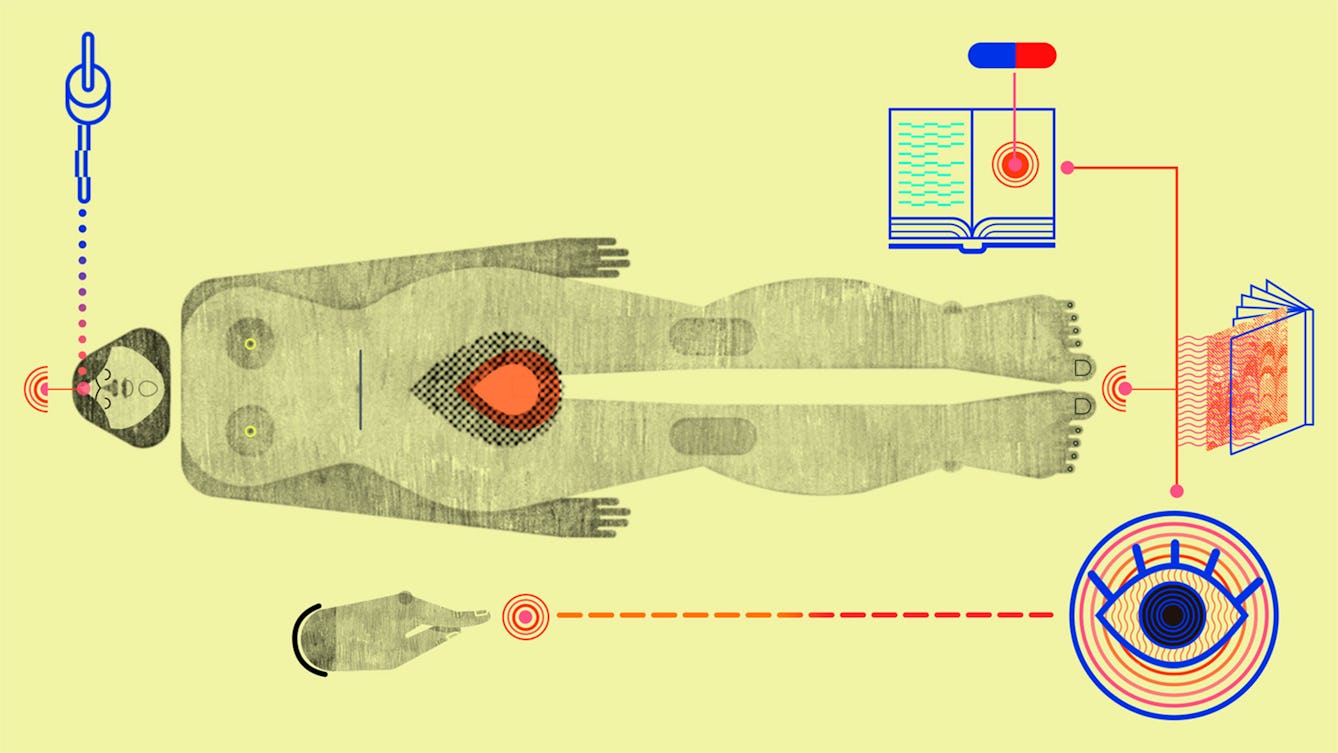
- Article
- Article
Acid and the sexual psychonauts
How LSD fuelled one woman’s journey of sexual self-discovery in the late 1950s.

- Photo story
- Photo story
The man who remembers everything
Tilney1 can remember his life in minute detail, but can’t control the incessant intrusion of thoughts and images from the past. As cuts to mental health services isolate him more and more, a crisis approaches.
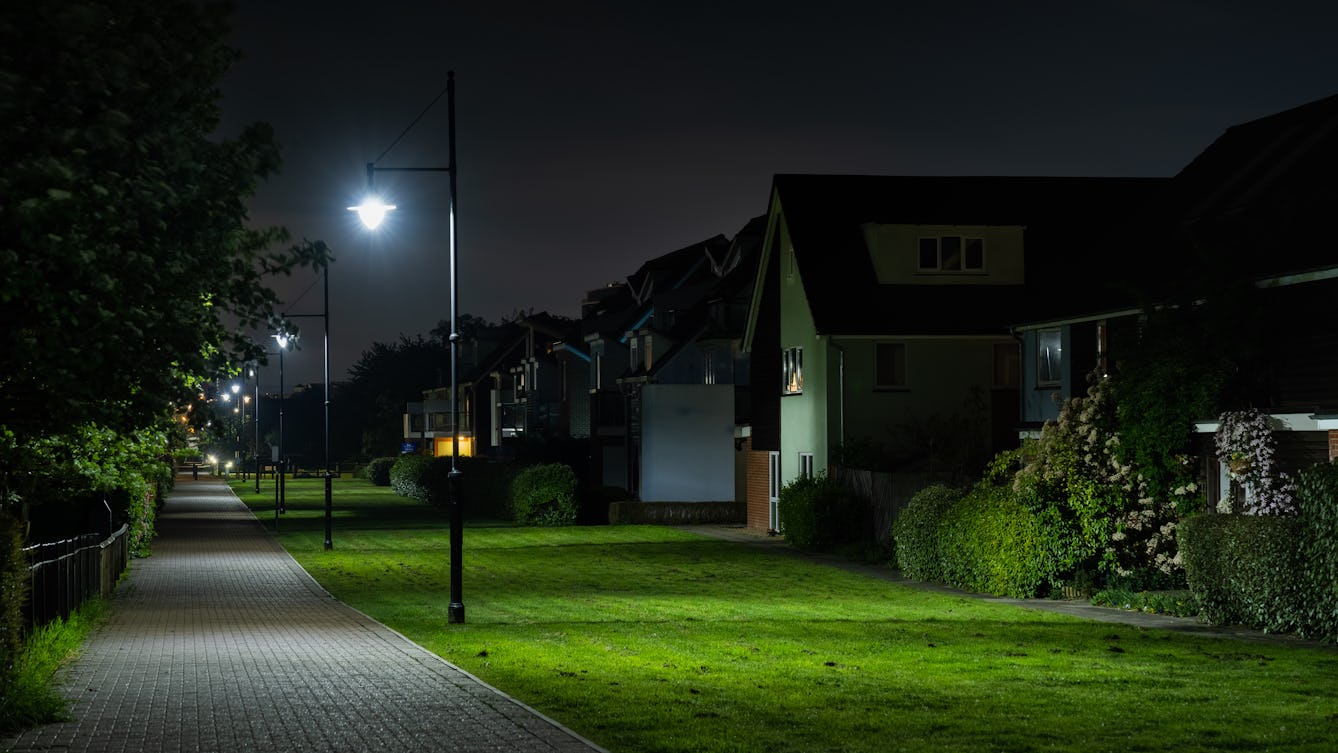
- Long read
- Long read
Our complicated love affair with light
Sunlight is essential, but our relationship with artificial light is less clear cut. It expands what’s possible; it also obscures and polices. In this long read, Lauren Collee pits light against night, and reveals the shady places in between.

- Photo story
- Photo story
’No you’re not’ – a portrait of autistic women
In this sensitive series of portraits and interviews, photographer Rosie Barnes acknowledges the voices and experiences of autistic women.